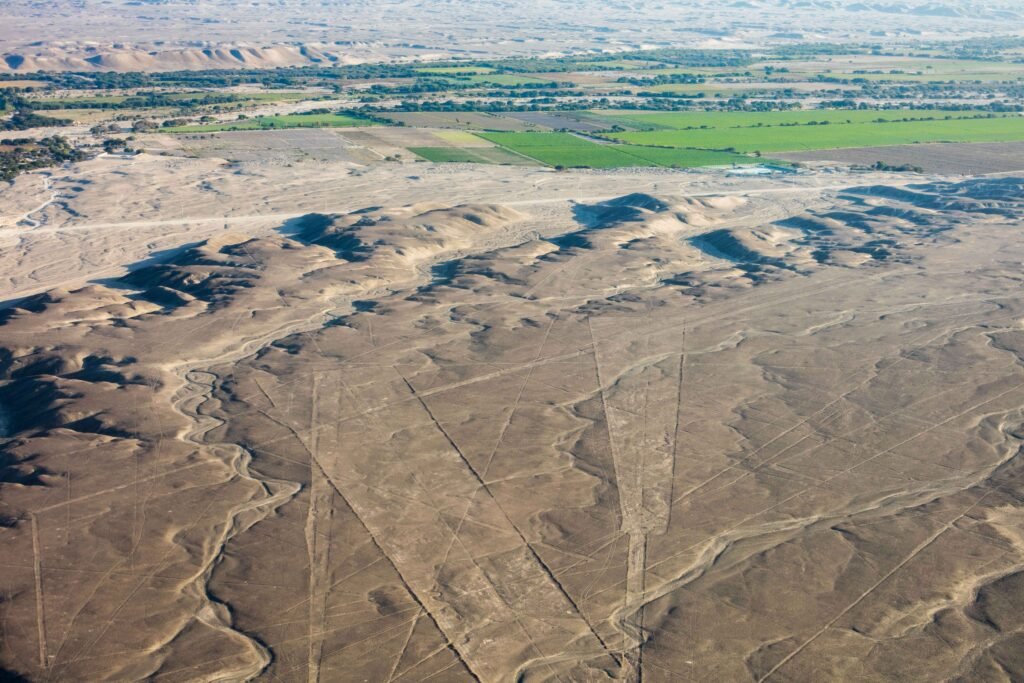Imagine if everything you thought you knew about humanity’s place in the cosmos was just the tip of an ancient, forgotten iceberg. What if buried beneath our feet, hidden in the deep folds of time, lies evidence of civilizations so old and advanced that even our wildest science fiction pales in comparison? The Great Forgetting Hypothesis dares us to ask: what if Earth isn’t the first cradle of intelligent life, but merely the latest in a long, secretive line? The idea is both haunting and electrifying—a cosmic riddle that whispers, “You are not the first, and you may not be the last.” Let’s plunge down this rabbit hole together and peel back the layers of forgotten history, lost wonders, and scientific mystery.
The Allure of Forgotten Civilizations

There’s a magnetic pull to the idea that we aren’t the first to reach for the stars. Maybe it’s curiosity, or maybe a yearning to belong to something much grander. The Great Forgetting Hypothesis sparks imaginations because it challenges the tidy narrative of human progress. It whispers of lost empires, erased histories, and a planet that’s seen more than we dare to dream. For many, this idea is both unsettling and exhilarating, like standing in a darkened museum and realizing some rooms have never been explored.
What Is the Great Forgetting Hypothesis?

This hypothesis suggests that advanced civilizations could have risen and fallen on Earth long before humans. Over unimaginable stretches of time, their traces may have crumbled, been buried, or erased by geological forces. “The Great Forgetting” isn’t just about memory—it’s about the planet’s ability to wipe the slate clean, leaving us with only tantalizing hints and mysteries. It’s a theory born at the intersection of archaeology, geology, and a pinch of humility.
Geological Time: Earth’s Relentless Eraser

When we talk about millions of years, it’s easy to get lost in the numbers. Earth is about 4.5 billion years old; modern humans have only been around for a blink—about 200,000 years. Plate tectonics, erosion, and volcanic activity are like nature’s delete button, grinding ancient landscapes into dust. Even the mighty pyramids would vanish without a trace given enough time, swallowed by forests or consumed by the shifting ground.
Strange Anomalies in the Geological Record
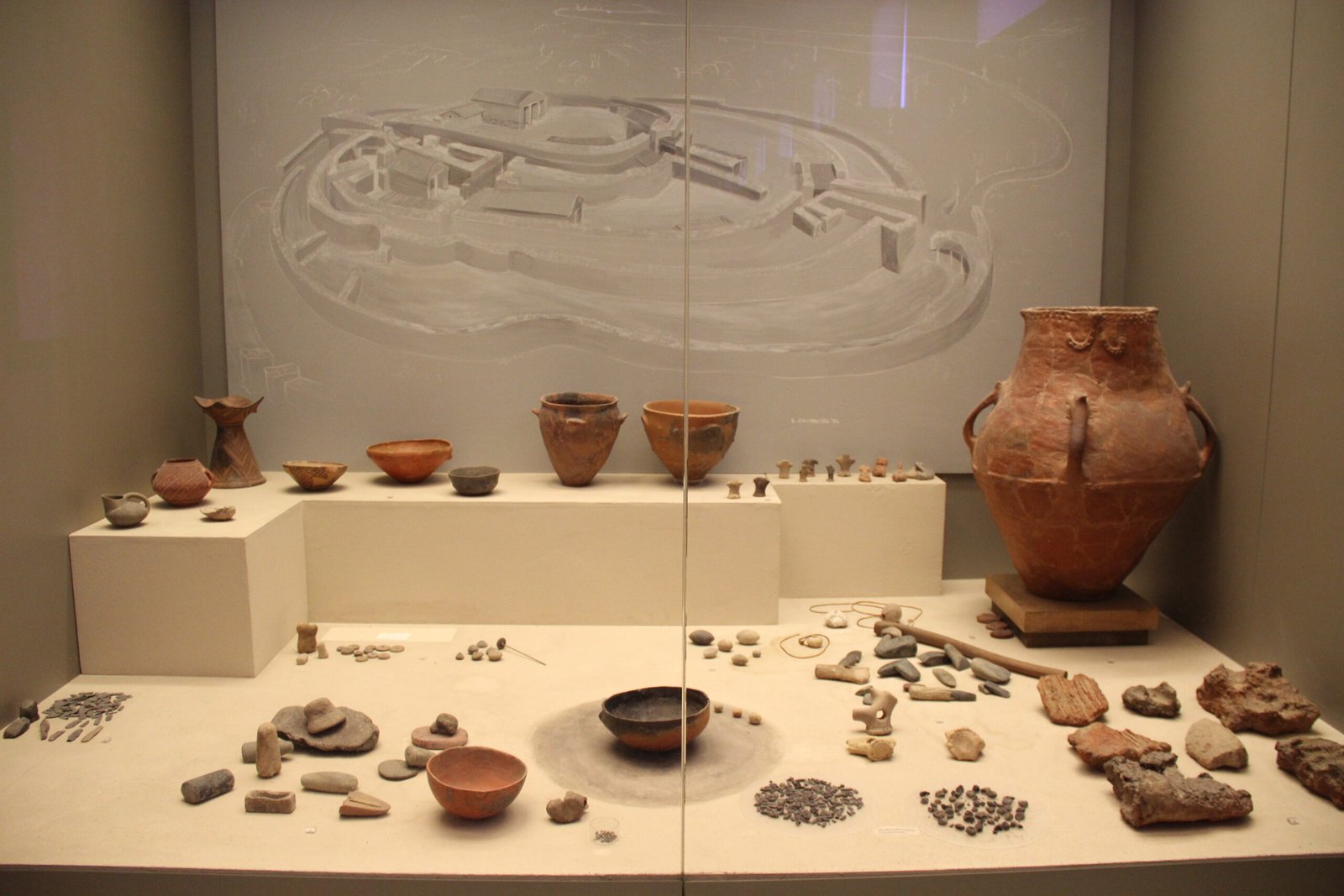
Some scientists and amateur sleuths point to oddities like the so-called “London Hammer” or mysterious spheres in South Africa as possible evidence of forgotten civilizations. While most of these are explained by natural processes or misinterpretation, their allure persists. Every unexplained artifact feels like a puzzle piece from a lost chapter, fueling the hope that somewhere, something real is waiting to be found.
The Silence of Deep Time

One of the greatest challenges in discovering ancient civilizations is the silence imposed by deep time. Fossils are rare, and evidence of technology even rarer. If a civilization flourished 100 million years ago, would we ever know? The odds are stacked against us. Most of what we find is organic—bones, shells, petrified wood. The detritus of a hypothetical advanced society could be long gone, recycled by Earth’s ceaseless churn.
Comparing Human Footprints to Hypothetical Ancients
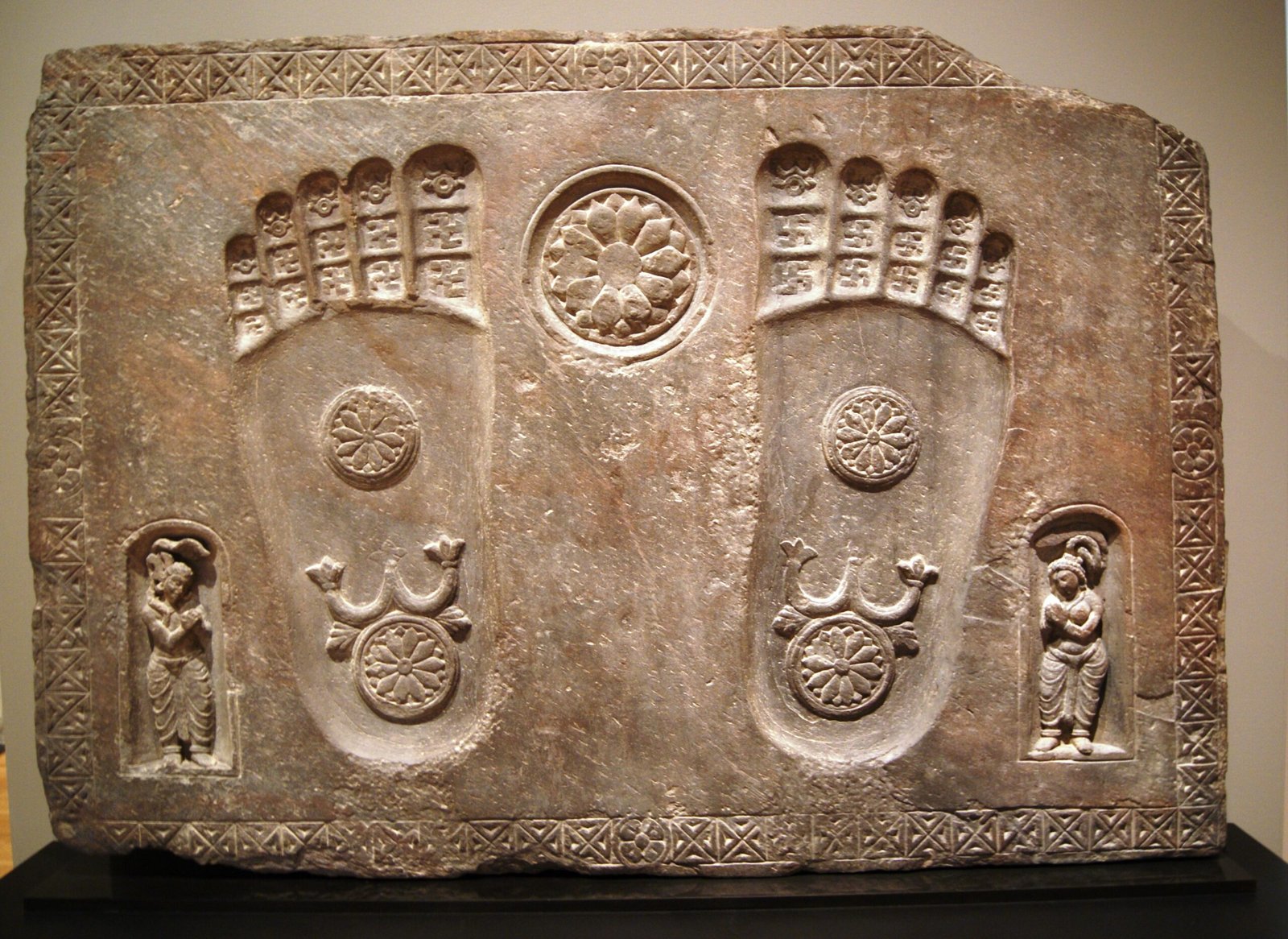
Human civilization leaves a distinctive mark: plastics, nuclear isotopes, massive cities, and altered landscapes. But if an earlier civilization used different materials or technology, their traces might look nothing like ours. Imagine a society that used biodegradable materials or harnessed energy in ways we can’t yet imagine. Their cities could vanish without a trace, leaving behind only subtle chemical or isotopic signatures.
Mass Extinctions and the Reset Button

Earth has suffered at least five major mass extinctions, each one resetting the evolutionary clock. The asteroid that doomed the dinosaurs wiped out 75% of life. If a civilization existed before such cataclysms, their story could have ended in a geological instant. These planetary resets are nature’s way of shuffling the deck, making it even harder to find traces of what came before.
Could Technology Survive Millions of Years?
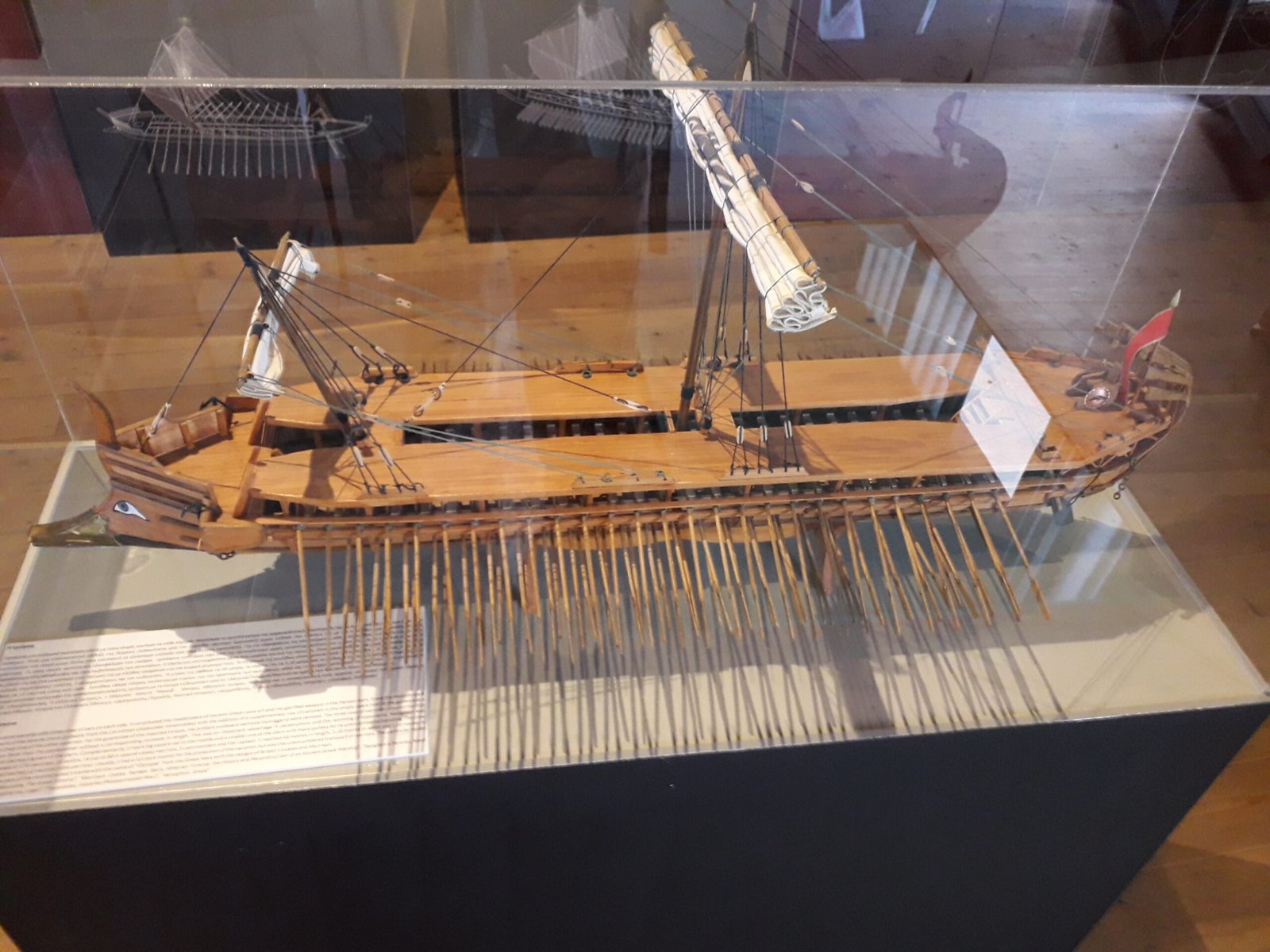
Most of our technology is shockingly fragile. Steel rusts, concrete crumbles, and electronics fail. Even nuclear waste, which lasts for millennia, is a blink in the grand timeline. Only the rarest objects—perhaps those buried deep in stable rock or the deep sea—might endure. If we ever find such relics, they would be like messages in a bottle from an unimaginably distant past.
The Fermi Paradox and Cosmic Loneliness

The Fermi Paradox asks: if the universe is teeming with life, where is everyone? The Great Forgetting adds a twist—maybe advanced civilizations are common, but their traces are easily erased, both on Earth and elsewhere. We could be living atop the ruins of our galactic neighbors, separated by time rather than space. This idea is both a comfort and a warning, reminding us of our own fragility.
Searching for Technosignatures

Scientists are beginning to look for “technosignatures”—chemical or physical traces of technology—in ancient rocks and ice cores. Things like unusual isotope ratios, synthetic molecules, or unexplained changes in sediment layers could hint at ancient industry. It’s a bit like playing detective with only the faintest of clues, but the search is ramping up as our tools and imagination grow.
Ancient Myths: Fact or Fancy?

Many cultures have myths of lost golden ages, sunken cities, and vanished peoples. Atlantis, Lemuria, and countless others populate our stories. While these are often dismissed as pure fantasy, some researchers wonder if they preserve distant echoes of real events, distorted by time and retelling. The line between myth and memory can be surprisingly thin, especially when real history is so easily lost.
The Role of Catastrophism

Catastrophism—the idea that sudden, violent events shape Earth’s history—plays a big role in the Great Forgetting. Tsunamis, meteor impacts, supervolcanoes, and ice ages can erase entire civilizations in the blink of an eye. These disasters not only destroy but also bury, sometimes preserving tantalizing traces just out of reach. Our own vulnerability to catastrophe is a sobering reminder of what might have been lost before.
Nature’s Relentless Recycling

On a planet as active as Earth, nothing stays the same for long. Mountains rise and fall, oceans open and close, and continents drift across the globe. This constant recycling means that the surface we walk on today could have been at the bottom of an ancient sea or buried under miles of rock. Anything left behind by earlier civilizations could be scattered, crushed, or transformed beyond recognition.
What Would We Expect to Find?
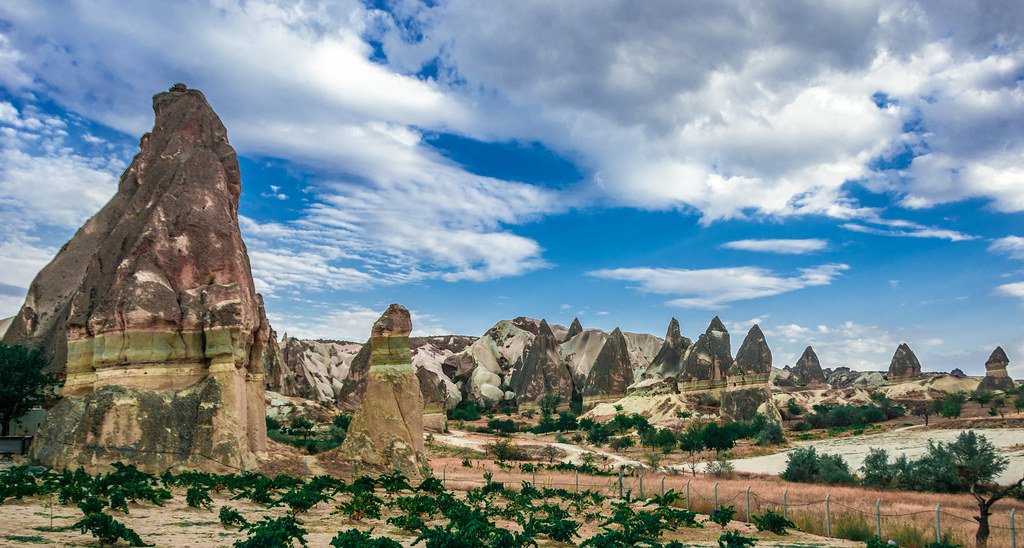
If an ancient civilization existed, what clues should we look for? Unusual concentrations of metals, fossilized infrastructure, or inexplicable geological formations could all be hints. Even then, the evidence might be ambiguous, blending seamlessly into the background noise of natural processes. Sometimes, the greatest discoveries are those we almost overlook—a straight line in a canyon wall, a pattern in a fossil bed, or a strange layer of rock.
Modern Technology as Tomorrow’s Mystery

Projecting into the future, imagine what would survive of our own civilization after millions of years. Perhaps only a few objects, like the Voyager probes or the Great Wall of China, might linger. Most of our digital world would vanish without a trace. This humbling thought underscores how fleeting our presence might be on a geological scale, and how easily we could join the ranks of the forgotten.
The Importance of Open-Minded Science

Exploring the Great Forgetting Hypothesis requires a blend of skepticism and imagination. Science thrives on bold questions and careful evidence. Dismissing strange findings out of hand could mean missing out on extraordinary truths. At the same time, it’s crucial to avoid jumping to wild conclusions. The balance between wonder and rigor is where real progress happens.
Learning from Our Own Blind Spots

History is full of examples where knowledge was lost or overlooked. The Antikythera mechanism, a sophisticated ancient Greek computer, was misunderstood for decades. Entire cities have been swallowed by jungle or desert, only to be rediscovered centuries later. Our ability to “forget” even recent history is sobering. It begs the question: what else might we be missing, simply because we’re not looking in the right way?
The Psychological Impact of the Hypothesis

Confronting the possibility that we are not the pinnacle, but just another chapter, can be unsettling. It challenges our sense of uniqueness and purpose. But for many, it’s also freeing—a reminder that the story of life on Earth is bigger and more mysterious than we can imagine. It invites humility, curiosity, and a sense of connection to the deep, swirling current of time.
Why This Matters for the Future

If civilizations can rise and fall, forgotten by time and nature, what does that say about our future? The Great Forgetting Hypothesis is both a warning and an inspiration. It urges us to think about the legacies we leave behind, the fragility of knowledge, and the responsibility to preserve what we have learned. It asks us to imagine, prepare, and reach beyond ourselves, knowing that tomorrow’s archaeologists might one day wonder who we were.
The Great Forgetting Hypothesis throws open the doors of possibility, inviting us to look at our world—and ourselves—with fresh eyes. Could we be living atop the bones of dreamers, scientists, and explorers as lost as Atlantis? Or are we truly the first to ask the impossible questions? The only certainty is that the search itself, wild and wondrous, is far from over. What would you leave behind for those who come after?

